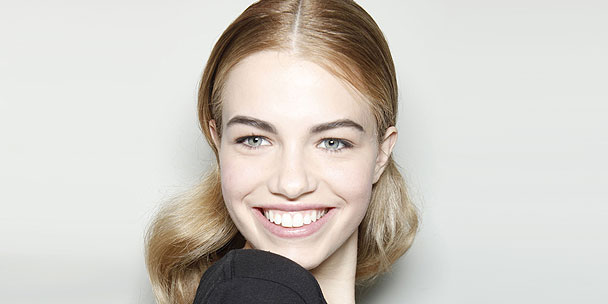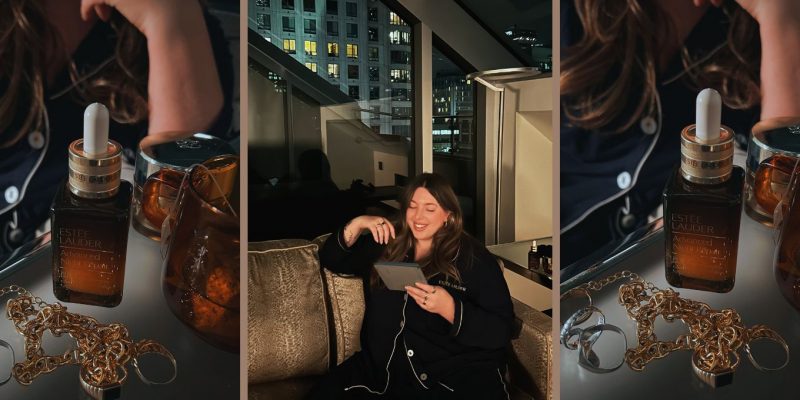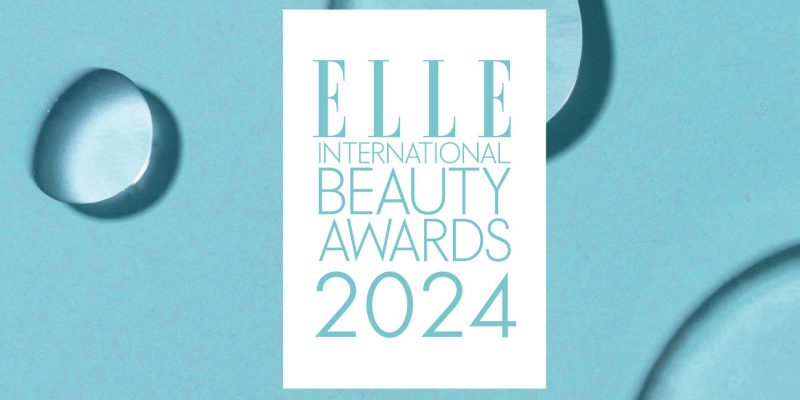Beauty
The Best Adult Acne Treatments
Get a clearer complexion with these blemish-busting ingredients and the latest in acne treatments.
by : Heather Marrin- Sep 6th, 2011

When adult acne surfaces, it’s often rampant hormones that are to blame for red, inflamed and sore pimples (when hormone levels spike, it triggers excess oil production, and that oil combines with bacteria and dead skin cells to clog pores and form blemishes). When your hormones are in balance, however, skin tends to clear up. Case in point: Victoria Beckham, who has long since struggled with adult acne, recently revealed that her blemishes miraculously cleared up during her pregnancy with baby Harper. But if your hormones are misbehaving, and having David Beckham’s lovechild isn’t an option, there are a number of acne-fighting ingredients and treatments that can help keep your breakouts in check.
Look for these five superhero ingredients to look for when battling breakouts:
1. Salicylic acid
A common ingredient in many acne-busting products, salicylic acid has super powers that increase the natural exfoliation properties of the skin. Not only does it accelerate the skin’s natural exfoliation, but it neutralizes bacteria and prevents your pores from clogging. “It is a very effective anti-inflammatory that calms irritation and redness associated with acne,” says Celeste Hilling, Founder and CEO of Skin Authority.
Best for: Hilling recommends salicylic acid for any skin type. She says to look for products with concentrations of 2% (or lower) to avoid a drying effect on the skin. This is especially important for adult skin because as we age, skin can be irritated more easily.
2. Benzoyl peroxide
Another antibacterial agent, benzoyl peroxide focuses on killing surface bacteria. Commonly used in concentrations of 2.5 to 10%, research suggests 2.5% concentrations are just as effective as those higher, however the majority of studies comparing it to other treatments focus on higher concentrations.
Found in many acne solutions, benzoyl peroxide is ideal for mild to moderate acne conditions. Hilling warns that this agent can cause dryness and irritation if used too often or at higher concentration, so to be safe, use once daily to see how skin responds.
3. Sulphur
Sulphur solutions are mineral-based and are used to relieve congestion, blackheads and other debris in the skin. Sulphur has a purifying effect on the skin for people experiencing clogged pores, etc. Since sulphur allergies are extremely common, sulphur definitely isn’t for everyone. Sulphur can be very effective when used in a clay mask solution to detoxify and clarify acne-prone skin.
4. Retinol (vitamin A)
Proven to be an effective treatment for a number of dermatological conditions, retinol and its derivatives, like retinoid, are used to increase cell turnover to unlock pores and allow for better absorption of anti-inflammatory and antibacterial agents. Plus, it can clear up any acne scars you may have. It’s best used sparingly because of its potential for irritation and it should not be used if pregnant or nursing. It also makes you highly photo-sensitive, so use a daily SPF 30.
5. Glycolic acid
Hilling says that glycolic acid is an effective chemical exfoilator that kills surface bacteria and dissolves dead skin cells, which in turn will clear pathways for killing bacteria below the surface. It comes in various percentages in at-home treatments, from 1% to 10%, with the latter being the stronger dose. This miracle worker is commonly used in adult acne because of its anti-aging properties and smoothing benefits – it smoothes fine lines and wrinkles. Hilling says it’s ideal for normal to oily skin types and advises that extremely dry skin types may want to use every other night until skin acclimates.
Newsletter
Join our mailing list for the latest and biggest in fashion trends, beauty, culture and celebrity.
Read Next

Fashion
H&M's Latest Designer Collab With Rokh Just Dropped (And It's So Good)
We chatted with the emerging designer about the collaboration, his favourite pieces and more.
by : Melissa Fejtek- Apr 18th, 2024

Culture
5 Toronto Restaurants to Celebrate Mother’s Day
Treat your mom right with a meal at any of these amazing restaurants.
by : Rebecca Gao- Apr 18th, 2024

Beauty
Tested and Approved: A Skin Saviour That Works While You Sleep
Wake up with your glowiest skin yet—even if you didn’t clock eight hours.
by : ELLE Canada- Apr 11th, 2024




